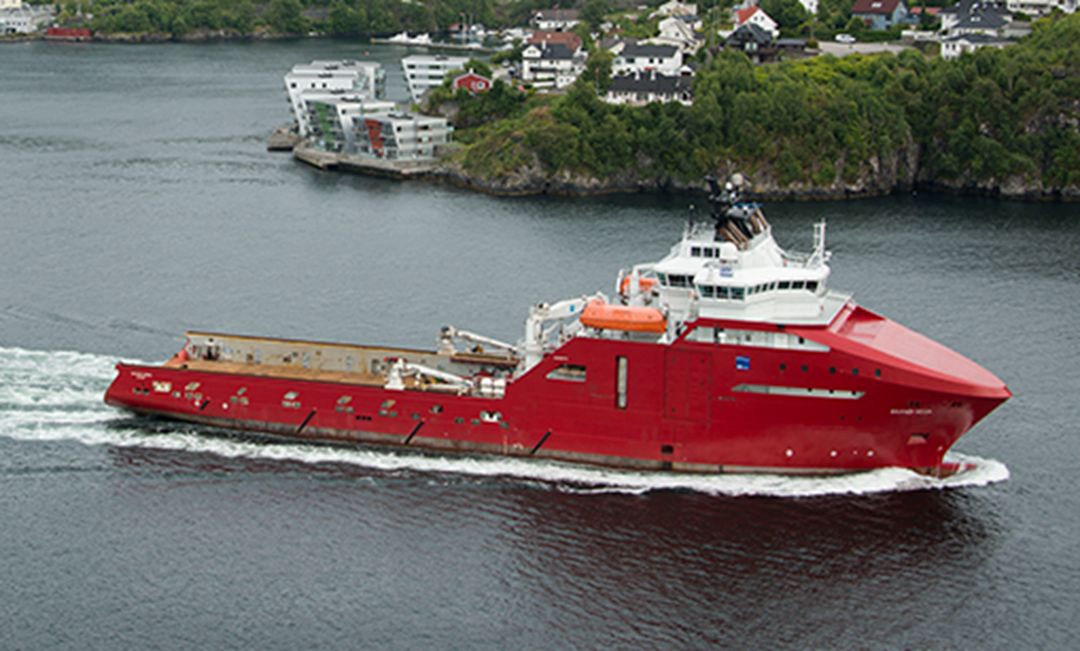"ABB is about to sign its first contact in the course of 2015, and we expect that the first hybrid ship will be in the water by next year. Hybrid propulsion systems significantly reduce both fuel consumption and emissions," says Børre Gundersen, R&D manager for ABB's marine activities in Norway.
ABB, NTNU and MARINTEK recently invited the press to their new hybrid laboratory at the Marine Technology Centre in Trondheim. The idea was to show off the well-equipped lab and present some interim results of the tests that have been under way during the past year.
Lower fuel consumption
"The aim of the project is to develop and demonstrate solutions for improved, more energy-efficient propulsion systems for marine use. What we have found so far is that a direct-current power system that incorporates an energy store (i.e. battery) would result in 10 – 15 per cent lower fuel consumption and emissions than a traditional alternating current system. This is because the energy store optimises operation of the internal combustion engine, which in turn means reduced fuel consumption, reduced emissions of greenhouse gases and particles, and not least, improved power system reliability," says MARINTEK research manager Anders Valland.
The research team envisages that hybrid motors would be particularly effective in offshore operations, in which vessels perform many different tasks under a wide range of weather conditions.
Better and cheaper batteries
"The battery can absorb peak loads, while the internal combustion engine can continue to operate at its optimal level.This will also mean that in the future, future ships will not need such large engines as they do today, but rather smaller engines with batteries as backup and for security," says Valland.
ABB believes that there could be a large market for electric vessels and el-hybrid vessels in the near future. One of the reasons for this belief is that experts expect to see battery capacity doubling by 2020, without a corresponding rise in cost. Moreover, they offer significant environmental benefits.
"The hybridisation of 230 OSV/AHTS (Offshore Supply Vessel/Anchor Handling Tug Supply) on the Norwegian shelf could reduce CO2 emissions by 400 000 tonnes, equivalent to 163 average Norwegian cars," says Sindre Sæter, who leads ABB's marine activities in Norway.
"The authorities need to think in new ways"
The experts believe that in order to realise these benefits it will be necessary to establish alliances with industry and the research sector, but just as important, with the authorities.
"The frame conditions will have to be adapted to meet the need for technology development. At present, it is extremely difficult to get revolutionary new technology in place within the current tendering framework, which is most suitable for traditional thinking in ship transport," says Valland.
MARINTEK, NTNU and ABB are ready to continue with their innovative efforts for several more years. The researchers look forward to developments in ship battery technology that could offer as much as a 30 – 40 per cent reduction in emissions compared to current internal combustion engines. Given that short sea marine transport and fishing are responsible for a quarter of all emissions of CO2 from the Norwegian transport sector, it is obviously worth continuing research and development efforts in this area.


